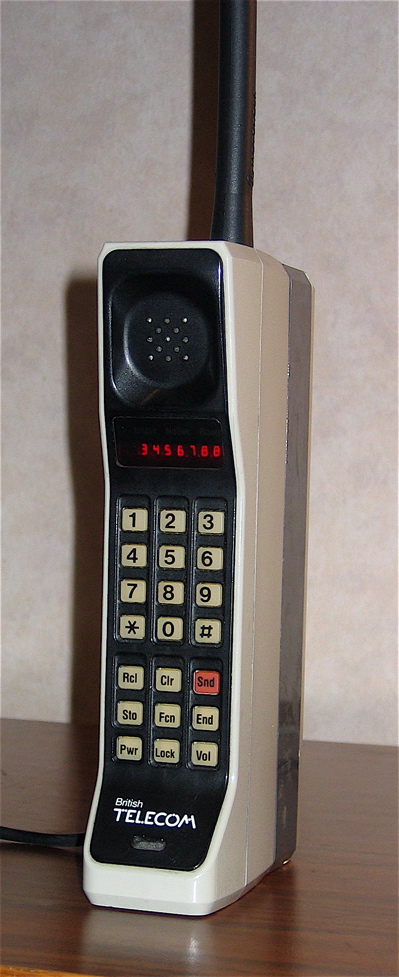
Welcome to Geeky Boomer, where we explore the intersection of nostalgia and the future. In this episode, we embark on a journey through time to understand the remarkable evolution of smartphones. From their humble beginnings as hefty devices to the sleek, multifunctional gadgets we can’t live without, we’ll delve into the profound socio-cultural, economic, political, and security changes brought about by smartphones. Join us as we explore how smartphones have transformed the way we communicate, blurred the lines between online and real-life interactions, and revolutionized various aspects of our society.
The Early Days

The concept of mobile communication began with the desire for untethered conversations. In 1973, Martin Cooper, a Motorola engineer, made the first mobile telephone call using the DynaTAC—a large device weighing 2.2 pounds with just 30 minutes of talk time after a 10-hour charge. Nokia later took the lead with innovative features like SMS and the iconic game Snake on their devices such as the Nokia 3310
The Smartphone Revolution Begins
The true smartphone revolution arrived in 2007 with the introduction of the iPhone by Apple. This revolutionary device seamlessly integrated a phone, an iPod, and an internet communication device into one. Its user-friendly touch interface transformed the way we interacted with mobile phones and marked the beginning of a new era.
Socio-Cultural Impact

Smartphones have become our primary portals to the world, changing how we communicate and interact. They have brought us closer, bridging geographical divides, yet also transformed the dynamics of our relationships. We now communicate through social media, video calls, and instant messaging applications, blurring the line between online and real-life interactions. Additionally, smartphones have consolidated various forms of entertainment, making devices like music players, libraries, and gaming consoles obsolete.
Economic Transformations

The emergence of smartphones has birthed new industries and disrupted existing ones, shaping the global economy. The app industry, catalyzed by the introduction of the App Store in 2008, generates billions of dollars annually. E-commerce apps have altered consumer buying patterns, favoring online shopping over traditional stores. The gig economy, powered by platforms like Uber and Upwork, has created jobs and offered greater flexibility to workers. However, data-driven marketing has raised concerns about privacy and consumer protection.
Political and Security Implications
Smartphones coupled with social media platforms have played a critical role in mobilizing political movements. The Arab Spring, for example, showcased the power of smartphone-enabled protests. Politicians now use smartphones to directly engage with voters, but these technologies also face challenges such as misinformation campaigns and surveillance. The security implications of smartphones include cybercrime, data breaches, and government surveillance, raising questions about privacy and civil liberties.

Communication Revolution
Smartphones have revolutionized communication, making it instant and global. Emojis, GIFs, and memes have become a universal language, transcending barriers. For businesses, smartphones enable remote work and seamless collaboration. However, challenges like online harassment and blurring work-life boundaries must be addressed through digital literacy and policies promoting online safety.
The Future of Smartphones
The future holds exciting possibilities for smartphones. Advancements in AI, IoT, and VR might see smartphones integrating with other devices, becoming central control units for our connected lives. Biometric enhancements could provide personalized and secure experiences, while machine learning might anticipate our needs. Concepts like smart glasses or contact lenses could merge wearables with smartphones, offering more immersive experiences. Sustainability will also drive innovations in recyclable materials and longer-lasting batteries.

Conclusion
The journey of smartphones has been nothing short of remarkable. From their early brick-like designs to today’s sleek devices, they have transformed our society, economy, politics, and communication. As we navigate the future, it is important to strike a balance between innovation and ethics, ensuring data privacy, digital well-being, and considering societal impacts. The smartphone revolution is far from over, and we eagerly anticipate what lies ahead.



